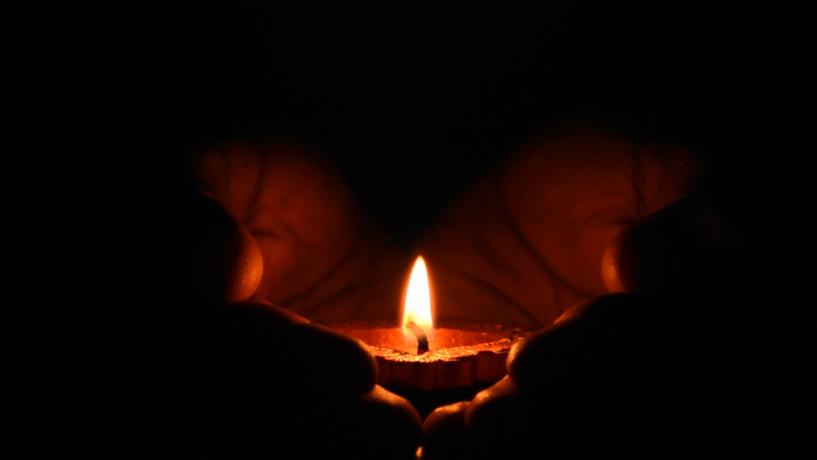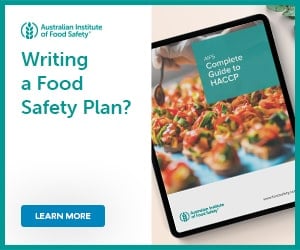
A power outage is never a convenient occurrence; however, some issues related to a power outage can be more than just mildly irritating.
When it comes to your food supply, it’s incredibly important to know how to handle a power outage. Which items should be thrown out if you have a power outage and when? What can you do to make sure you and your family stay safe as far as what you eat?
Be prepared for power outages
To prepare for a power outage, do the following:
- Always be sure that your refrigerator is set to properly low temperatures (5°C or below) in order to ensure that the food in it stays as fresh as possible should a power outage occur.
- Make sure your pantry is well-stocked with non-perishable food items. Grains, bread, produce and alternative dairy items are all terrific options. Be sure to stock up on alternative protein sources like canned tuna and peanut butter.
- Keep a list of emergency contacts on paper in an easy-to-find location, as well as emergency flashlights and a (fully charged) external battery to charge your cell phone in case you need to reach emergency services urgently.
What to do during a power outage
When the power goes out, do what you can to preserve the food inside of your fridge and freezer.
- Keep refrigerator and freezer doors shut as much as possible, as this helps to maintain cold temperatures to the greatest degree possible.
- Make a note of when the power went out. How long the power is out will determine whether or not your food will remain safe to eat after it goes back on.
An unopened refrigerator will keep food cold for about four hours. An unopened freezer that is full to capacity will retain its temperature well enough to preserve food for two days, while a half-full freezer can accomplish this for about 24 hours.
How to know if food is safe during or after a power outage
For perishable food items, follow the 2 hour / 4 hour rule to ensure food safety. In its simplest form, this rule states:
- If the power was out for less than 2 hours, it's okay to refrigerate or consume the food.
- If the power was out between 2 and 4 hours, the food is okay to consume but don't put it back in the refrigerator.
- If the power was out for more than 4 hours, discard the food.
When the power comes back on:
- Check refrigerated items carefully. It's a good idea to verify the internal temperature of food items after a power outage with a food thermometer.
- Discard any food, especially raw meat, that shows obvious signs of spoilage, such as foul odours, sticky or slimy texture or unusual colour — even if the power was out for fewer than four hours.
- Check frozen items carefully. If items are frozen hard and there are still ice crystals on the inside of the packaging, the food may be refrozen.
- Discard any frozen food items that have begun to thaw (no longer frozen hard) or have developed freezer burn from being defrosted and then refrozen.
Always err on the side of caution
Some refrigerated items, such as peanut butter, bread and processed or hard cheeses like Parmesan and Romano, should be safe even if the power was out for longer than four hours — but if in doubt, throw it out.
It's always better to be safe than to risk getting sick (or causing others to get sick).
What to do if the lights go out in your restaurant
When you run a restaurant, you have to be ready for just about anything — including power outages.
If the power goes out in the middle of service, chaos can ensue. Do the following to minimise business disruption and food waste as a result of a power outage:
- Make note of the time when the power turned off. (This, and the temperature of the food in your refrigerator once electricity is restored, will help determine if you can salvage any high-risk foods.)
- Throw out any food, especially meat, that was in the process of cooking but hadn’t reached its safe cooking temperature when the power went out.
- Do not open refrigerator or freezer doors unless absolutely necessary in order to maintain the cold temperature.
- If necessary, add bags of ice to the freezer to help keep the temperature cold for longer.
Be sure to communicate with your guests consistently throughout the power outage. Make sure they get out safely and apologise for the inconvenience.





